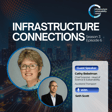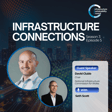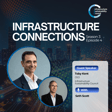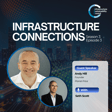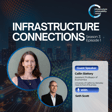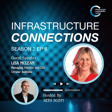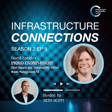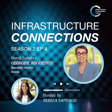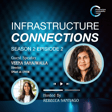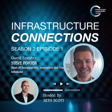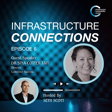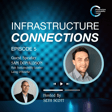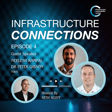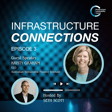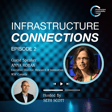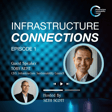
S2E3 - What is Circular Economy w/ Nicole Garofano
Dr Nicole Garofano is an Australian leading expert in circular economy systems and sustainable materials management, recognised for her deep expertise in plastic waste and packaging value chains. She is currently the Head of Circular Economy Development at Planet Ark Environmental Foundation, where she works across industry, government, and research sectors to support the acceleration towards Australia’s transition to a circular economy. Nicole has over 20 years of experience in environmental education, waste management, international development, policy design, and circular economy. She holds a PhD from the University of Queensland focused on plastic packaging in island developing states. She has been a key voice in shaping national conversations on circular economy, and her work has advocated for systems-level change to improve design that embraces resource sufficiency and circular solutions.
